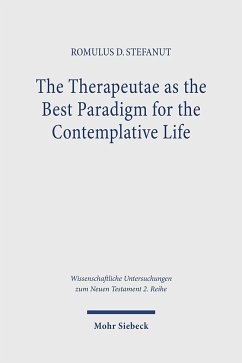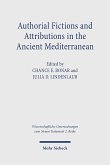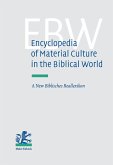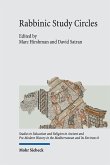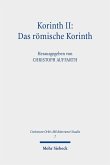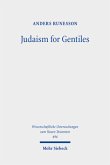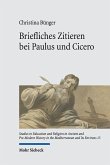In this study, Romulus D. Stefanut offers a contextual reading of Philo's De vita contemplativa , exploring its background, genre, composition, and function beyond the so-called "apologetic and historical works" of Philo. Often, scholars have lost the hermeneutical focus of the treatise itself and have concentrated their attention solely on the historical existence of the Mareotic community described in the treatise, advancing arguments related to its historicity or lack thereof. The author therefore suggests that the purpose of De vita contemplativa is meant to offer the best Jewish Alexandrine expression of a way of life, well-known from ancient Greek philosophy as the theoretical or contemplative life. It is composed in relation rather than opposition to the lost first half of the treatise, dedicated to the practical life of the Essenes. Simultaneously, there might be a friendly polemic between Philo's description of the Therapeutae versus the Essenes.
Hinweis: Dieser Artikel kann nur an eine deutsche Lieferadresse ausgeliefert werden.
Hinweis: Dieser Artikel kann nur an eine deutsche Lieferadresse ausgeliefert werden.

